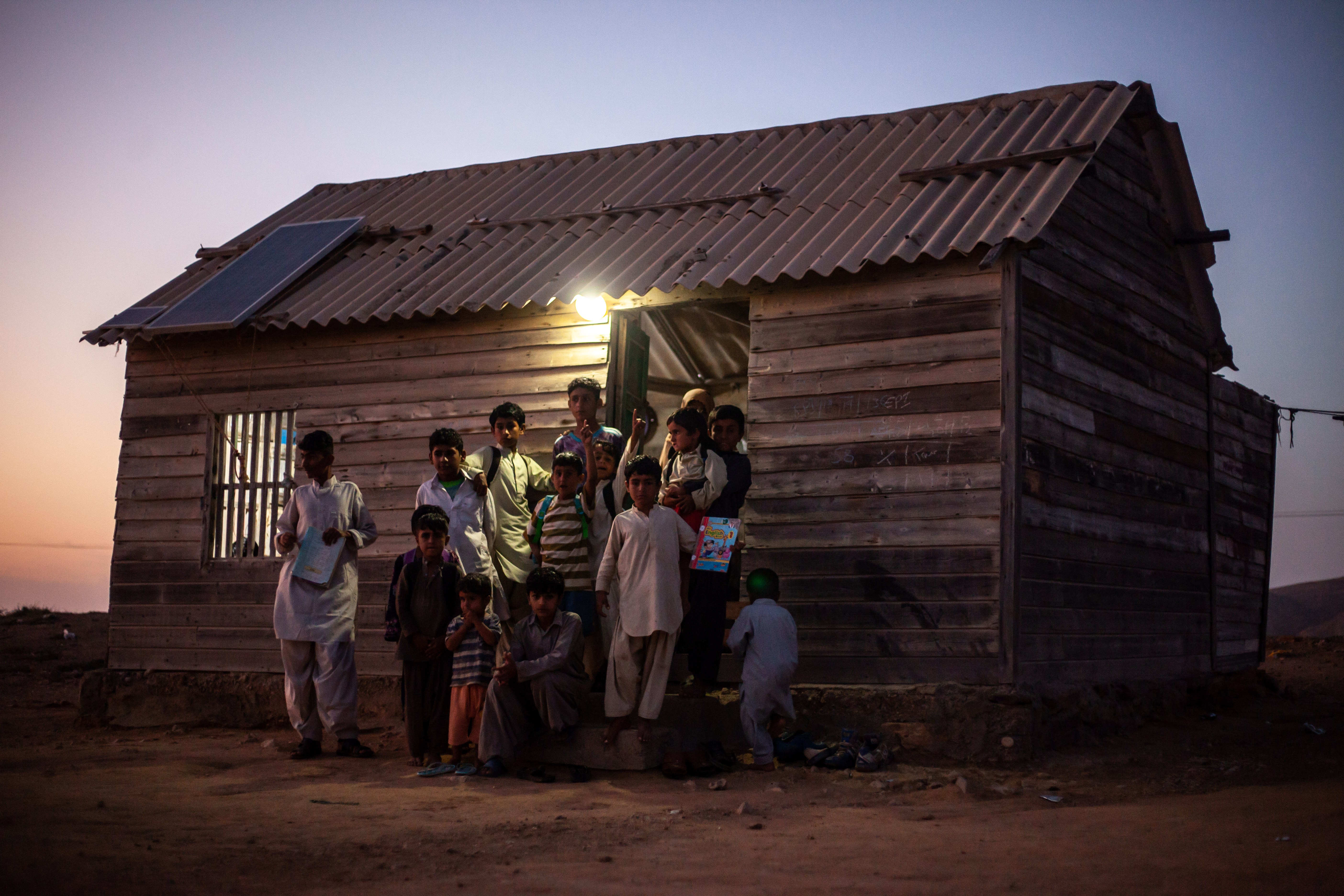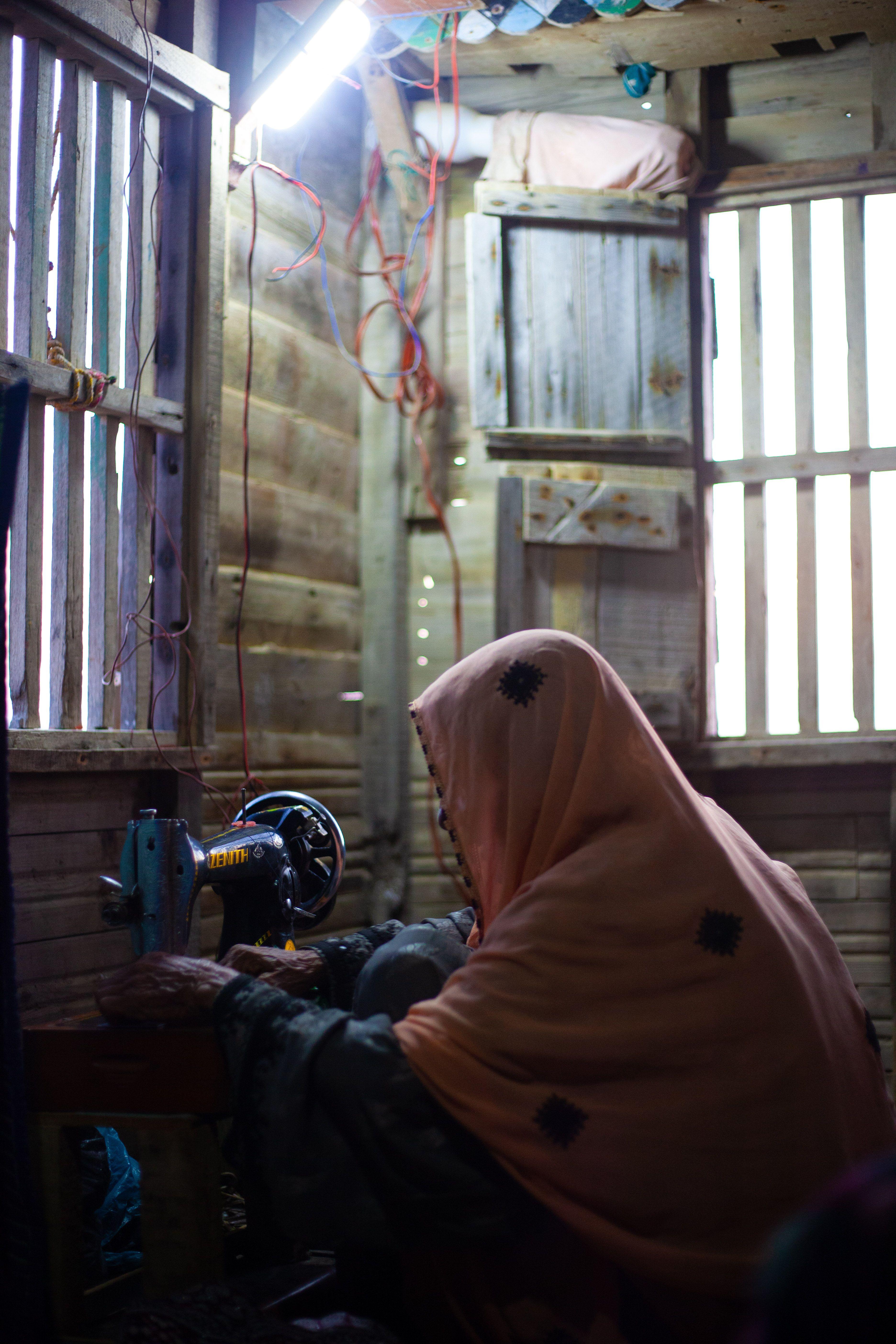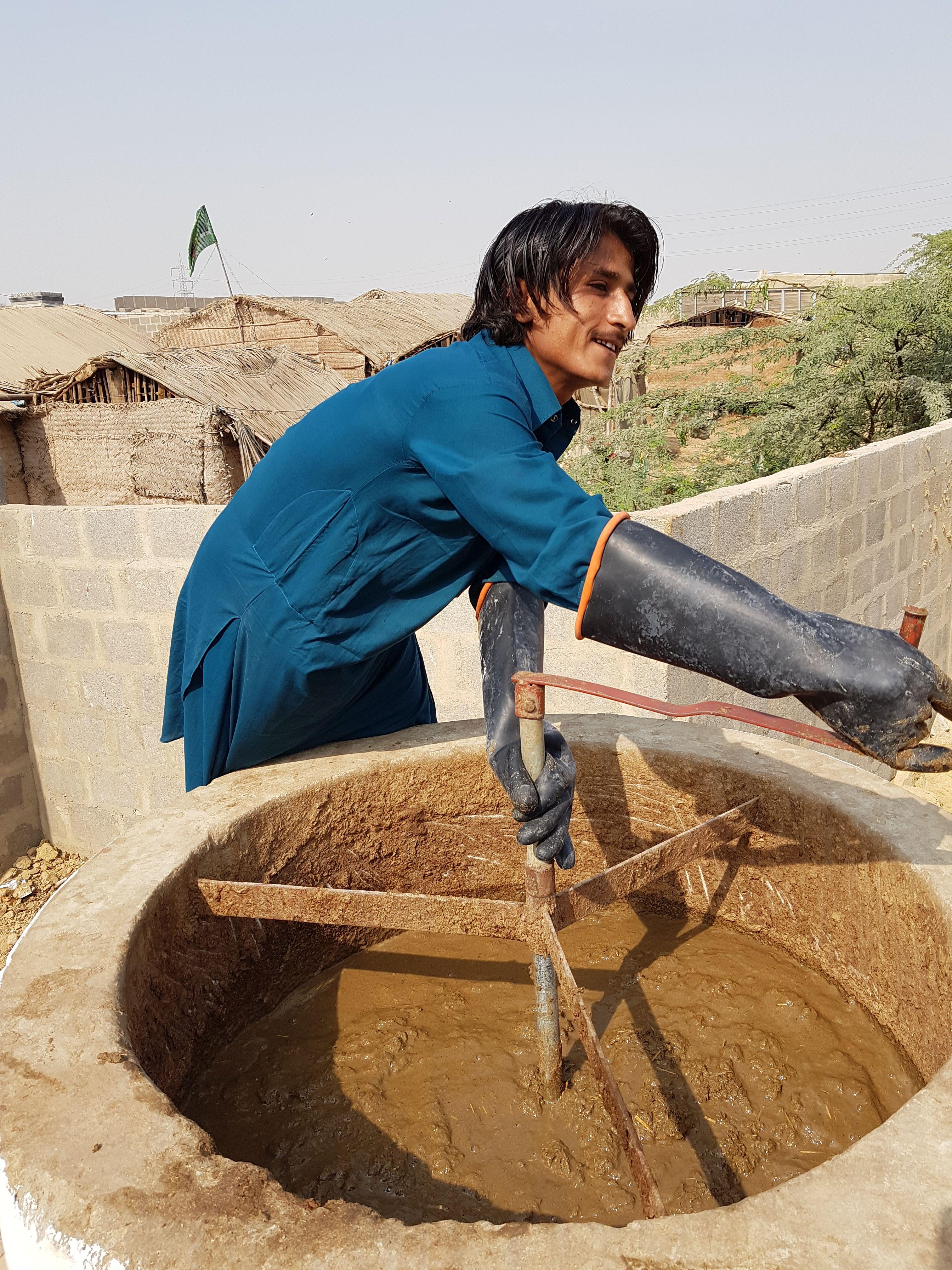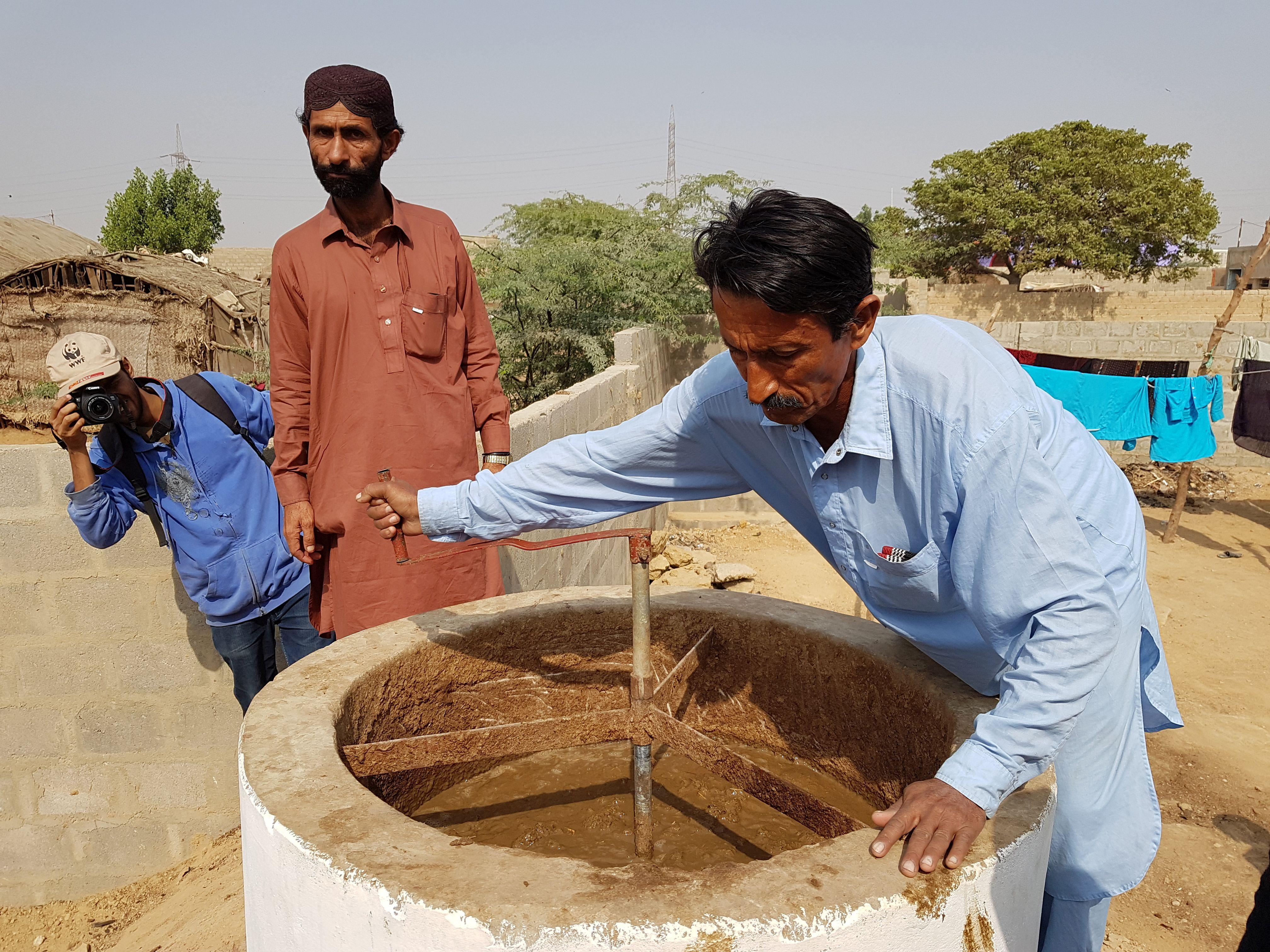The project funded by the Nordic Climate Facility (NCF) achieved positive impacts in energy security and enhancing climate resilience in Karachi, Pakistan
The NCF-project Introducing renewable energy solutions to enhance energy security and build climate resilience in Karachi, Sindh, Pakistan, completed last year, aimed at enhancing energy security and climate resilience by providing renewable and alternate energy solutions for the selected communities. The project has not only successfully met this ambitious and multifaceted objective but also contributed to improved energy access, better health, enhanced climate adaptation capacity and women’s empowerment, while facilitating the efforts of the city’s transition to renewable energy-focused, low-carbon development.
Although Pakistan is not a significant contributor to carbon emissions, it is facing a high level of climate change impacts and has been experiencing recurrent spells of extreme weather events that have heavily affected life, property and the country’s economic growth. One of the largest and fastest growing cities in Pakistan, Karachi, is particularly vulnerable to climate change, especially due to its coastal location. The areas closest to sea are mostly off-grid, where communities rely on mangrove wood for cooking and heating. These peri-urban communities have been suffering due to poverty, lack of opportunities and lack of access to energy and other basic amenities.
Investment in renewable energy pays off
The project has been able to successfully pilot innovative alternate and renewable energy solutions for over 2,000 households residing in these peri-urban areas, thanks to a successful partnership between WWF-Pakistan, WWF-Sweden, Karachi Metropolitan Corporation (KMC) and the K-Electric (KE). The project’s deep on the ground commitment to support local communities in these areas has also been important in achieving the objectives. The project reached out to more than 2600 direct beneficiaries, 52 % of them are women. Overall, the project increased resilience to climate change for over 7,500 people.
Solar energy, provided through household solar energy units, benefited more than 1600 households, covering 25 villages in the off-grid areas of Gadap Town and Maripur. Engagement through community trainings has ensured that the take up and use of renewable energy is sustainable, where there has been a focus on community cooperation to maintain the solar units, while 41 local youth trained as technicians to install and repair these units. As a result, solar energy will contribute to mitigate 68.92 tCO2e per year.
The project financed the adoption of clean energy in the form of Fuel-Efficient Stoves (FES) and innovative solar gasifiers in 960 households from the project sites. The project supported these communities in moving away from a high dependence on mangroves and other important tree species for fuel while mitigating the damaging health impacts from smoke-induced diseases, targeting in particular female community members. As a result, annual CO2 emissions are avoided by 799.2 tCO2 and wood consumption is reduced by 48 % on average in Gadap Town. Here, K-Electric played an important role in raising awareness among the public about the importance of mangroves and trees for local climate resilience when it carried out a massive plantation campaign, planting 153,555 saplings of local trees species in total including mangroves.
Another innovative clean energy technology implemented was biogas, leveraged to use dung produced from the local cattle colony and thereby mitigating dung-saturated run off into the Arabian Sea. As a result, twelve communal biogas plants were installed and are in operation, benefiting 41 households, where community training and cooperation to implement a local development business model, generating income through manure supply and plant repair operations, has again been key. This innovation has reduced wood consumption by 88 % on average, avoiding CO2 emissions of 175.6 tCO2e per year.
Think global, act local
Finally, the project successfully linked its tackling of local challenges with national and even global issues, as Karachi secured participation in the One Planet City Challenge (OPCC) - a global initiative that incentivises cities towards planning, reporting, and then receiving feedback on their climate-friendly actions and strategies. Karachi is the first city from Pakistan to participate in the OPCC, not only inspiring the city to develop an ambitious renewable energy action plan but also having a ripple effect nationally, with other Pakistani cities now also wanting to follow Karachi’s lead by participating in the OPCC.
The project was implemented by WWF-Sweden as the lead Nordic partner, together with WWF-Pakistan, Karachi Metropolitan Corporation and the K-Electric with financial support from the Nordic Climate Facility.
The Nordic Climate Facility (NCF) is a challenge fund set up in 2009 to finance early stage climate change projects in developing countries. NCF aims to build a portfolio of innovative business concepts which have been tested, proved viable and are ready to be scaled-up and replicated. NCF is financed and managed by the Nordic Development Fund (NDF).
Read more about the results in the project completion report.
More information:





 The Nordic Climate Facility (NCF) is a challenge fund that finances innovative climate change projects.
The Nordic Climate Facility (NCF) is a challenge fund that finances innovative climate change projects.
